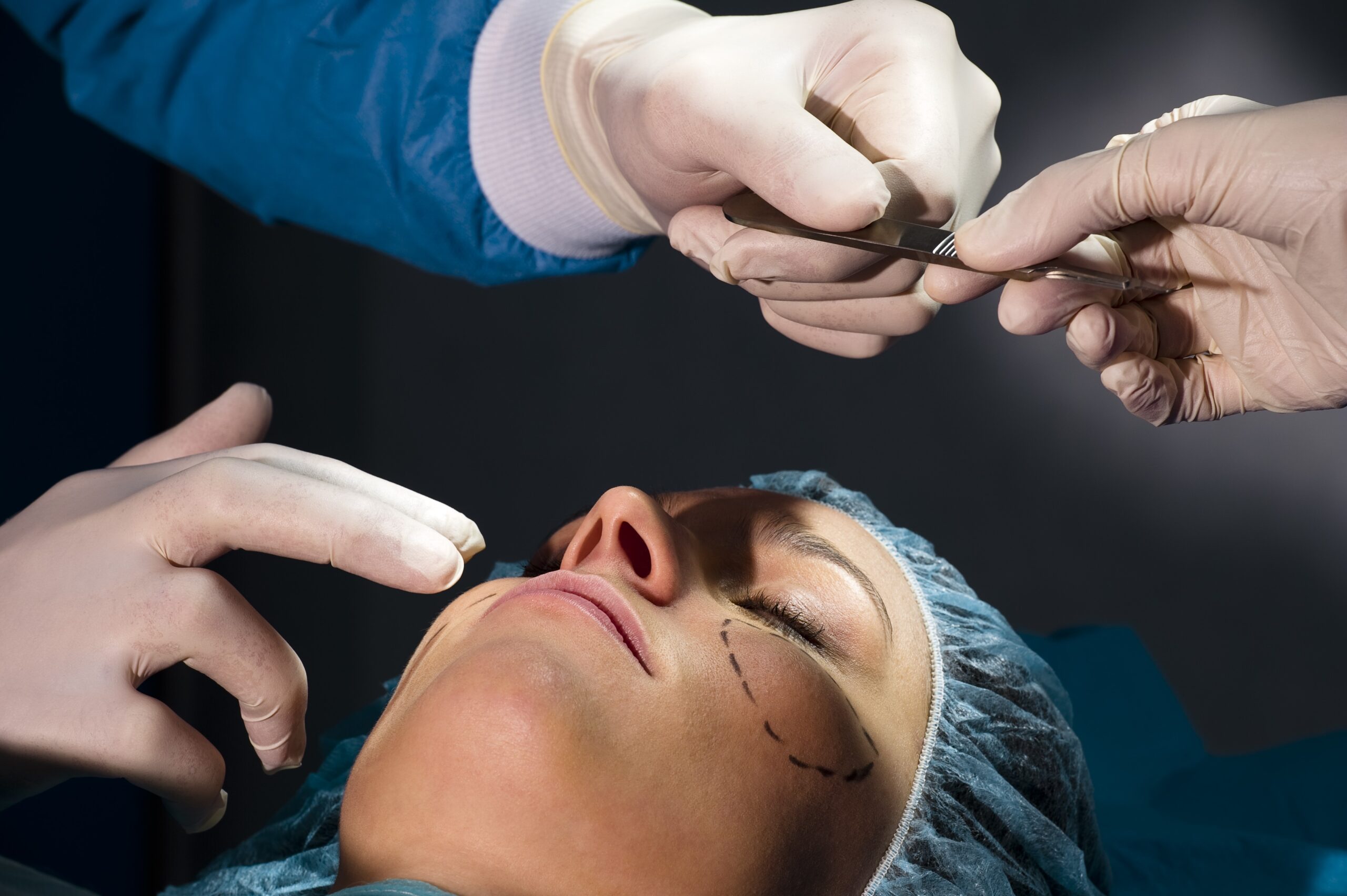In December 2022 the ACT Supreme Court had to weigh up whether to allow the postponement of neuropsychological testing of a 9-year-old plaintiff who had suffered a birth injury (that might have developed a neurocognitive impairment). The issue was whether or not the assessment could be properly carried out before the plaintiff had reached adolescence.
The facts
The case concerned allegations of medical negligence by Canberra Hospital relating to a failure to diagnose gestational diabetes in the child’s mother. This resulted in a significantly larger baby who suffered shoulder dystocia and consequently Erbs palsy (affecting her arm), with an alleged delay in delivery. Despite admitting liability, the hospital denied that the breach of duty caused hypoxic brain damage to the plaintiff (now 9 years old). The extent and cause of neurological injury was in issue.
The hearing was due to take place in November 2022, but the parties agreed to vacate the hearing because neuropsychological testing of the plaintiff identified a deficit in her executive level functioning, and it was agreed that this deficit could not be fully explored until the plaintiff was older.
However, what could not be agreed upon was the appropriate time for further assessment. The defendant submitted assessment within 12 months was appropriate whereas the plaintiff relied on expert evidence which suggested that deficits in executive level functioning should not be assessed until adolescence (a further 4 years) when such defects are likely to be more pronounced.
The defendant made application for the Court to determine the issue.
The Court noted the statutory requirement to determine matters efficiently without being “held ransom to endless changes and developments in a plaintiff’s medical condition.” It similarly noted that “the task of awarding damages to make good to the plaintiff the loss suffered is never exact” and that the court must do the best it can to forecast the future on the evidence available.
Having outlined the case management considerations and considered the evidence before it, the court felt that justice was better served in this matter by delaying assessment until adolescence. There was expert evidence from a variety of medical disciplines all indicating that the plaintiff’s executive functioning would change as she aged, not least because of the maturation of the frontal lobe during adolescence.
Comment
While this case was in the ACT, the judicial system in NSW supports the just, quick and cheap resolution of the real issues in the proceedings and this is set out in Section 56 of the Civil Procedure Act 2005 (NSW).
This emphasis on expediency can sometimes be applied to the detriment of injured parties. Whilst our practice tries to move cases forward quickly and efficiency, there are times when it is in the best interests of our clients to wait for injuries to settle. Conversely, defendants can sometimes insist on an early assessment in a tactical move to avoid crystallisation of an indisputable injury and an associated increase in damages payable.
The Court’s decision in this case is welcomed as it demonstrates that a defendant’s push for assessments may successfully be resisted where medical evidence supports it, allowing for assessment of a child’s future needs at the most appropriate stage of their life. We are firmly of the view that a few years in a child’s development can make a lifelong difference to the outcome.
It is also important to remember that a settlement of a child’s case must be approved by the Court in its protective jurisdiction, allowing another layer of protection should the Court consider that the settlement figure is not appropriate when taking into account all of the evidence.
Here at Conrad Curry Law, we handle many cases involving birth injury as well as other negligence claims involving babies and young children. We are experienced in obtaining the best possible evidence on likely future impairment and associated needs, including evidence on the appropriate timing of assessments. Without a crystal ball, this task can seem challenging. The right expert evidence is critical to ensure that our clients receive the maximum level of compensation to allow for ongoing supports, therapies, equipment and future medical needs.
Contact the team today to discuss how we can help your situation.










